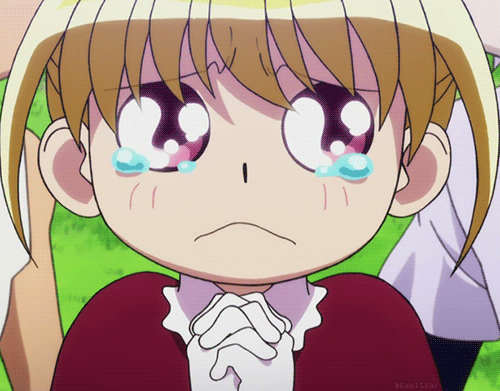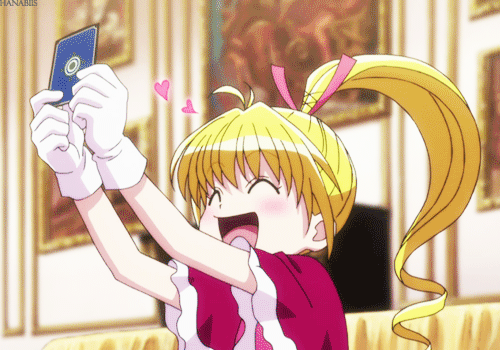Post by JACK-2 on Sept 1, 2016 22:37:00 GMT -5
Content creators on YouTube were surprised today to find emails in their inbox saying that their videos had been disabled for content monetization for failing to meet advertiser-friendly content guidelines.
While these rules are not new, email notifications about why content might be disabled for monetization just recently started surfacing.
Videos could have their monetization disabled for a multitude of reasons, including sexually suggestive or violent content.
Content authors seeking clarity on what is or isn't YouTube approved for monetization may be out of luck — the company is infamous for providing little in the way or clarity or communication when members of its community have issues.
Thankfully, YouTube isn't completely immune to feedback from their community, as they sometimes respond to movements against changes they've made, or systems that get abused, if there are loud enough cries.
The #YouTubeIsOverParty hashtag on Twitter has been trending all day, with many users pointing out examples of how they felt their videos had monetization unfairly disabled.
Also, some popular YouTubers have made videos expressing frustration with the rules and how they're being implemented.
Potential impact on the FGC
It's no secret that fighting games are no strangers to sexually suggestive themes, or violent content.
While this is not likely to have a gigantic impact on the games themselves, as the creators of these titles don't often earn much ad revenue from releasing their videos, where this could hurt our scene is the streamers who upload tournament matches and game footage to YouTube.
A number of content authors heavily depend on YouTube's monetization to support the work they do in the FGC.
Having some of their videos cut off from monetization will have a negative impact on the work they're able to do in our community.
How loose or strict YouTube is about enforcing these guidelines is difficult to say.
They might, for example, disable monetization on every Mortal Kombat X video which displays a fatality — or the fact that the game so readily displays blood may make it a no go entirely under these rules.
The fact YouTube is so notorious for not clearly defining these rules means content authors may have to do a considerable amount of trial and error to figure out what is and isn't acceptable, and this might even become a bit of a moving target with quite a bit of gray area.
We'll have to see what this means long term for FGC videos on YouTube, but there are a number of people extremely unhappy with the changes.
You can take a look at the guidelines for yourself below.
Advertiser-friendly content guidelines
Content that is considered "not advertiser-friendly" includes, but is not limited to:
• Sexually suggestive content, including partial nudity and sexual humor
• Violence, including display of serious injury and events related to violent extremism
• Inappropriate language, including harassment, profanity and vulgar language
• Promotion of drugs and regulated substances, including selling, use and abuse of such items
• Controversial or sensitive subjects and events, including subjects related to war, political conflicts, natural disasters and tragedies, even if graphic imagery is not shown
If any of the above describes any portion of your video, then the video may not be approved for monetization. If monetization is approved, your video may not be eligible for all available ad formats. YouTube reserves the right to not monetize a video, as well as suspend monetization features on channels that repeatedly submit videos violating our policies.
While these rules are not new, email notifications about why content might be disabled for monetization just recently started surfacing.
Videos could have their monetization disabled for a multitude of reasons, including sexually suggestive or violent content.
Content authors seeking clarity on what is or isn't YouTube approved for monetization may be out of luck — the company is infamous for providing little in the way or clarity or communication when members of its community have issues.
Thankfully, YouTube isn't completely immune to feedback from their community, as they sometimes respond to movements against changes they've made, or systems that get abused, if there are loud enough cries.
The #YouTubeIsOverParty hashtag on Twitter has been trending all day, with many users pointing out examples of how they felt their videos had monetization unfairly disabled.
Also, some popular YouTubers have made videos expressing frustration with the rules and how they're being implemented.
Potential impact on the FGC
It's no secret that fighting games are no strangers to sexually suggestive themes, or violent content.
While this is not likely to have a gigantic impact on the games themselves, as the creators of these titles don't often earn much ad revenue from releasing their videos, where this could hurt our scene is the streamers who upload tournament matches and game footage to YouTube.
A number of content authors heavily depend on YouTube's monetization to support the work they do in the FGC.
Having some of their videos cut off from monetization will have a negative impact on the work they're able to do in our community.
How loose or strict YouTube is about enforcing these guidelines is difficult to say.
They might, for example, disable monetization on every Mortal Kombat X video which displays a fatality — or the fact that the game so readily displays blood may make it a no go entirely under these rules.
The fact YouTube is so notorious for not clearly defining these rules means content authors may have to do a considerable amount of trial and error to figure out what is and isn't acceptable, and this might even become a bit of a moving target with quite a bit of gray area.
We'll have to see what this means long term for FGC videos on YouTube, but there are a number of people extremely unhappy with the changes.
You can take a look at the guidelines for yourself below.
Advertiser-friendly content guidelines
Content that is considered "not advertiser-friendly" includes, but is not limited to:
• Sexually suggestive content, including partial nudity and sexual humor
• Violence, including display of serious injury and events related to violent extremism
• Inappropriate language, including harassment, profanity and vulgar language
• Promotion of drugs and regulated substances, including selling, use and abuse of such items
• Controversial or sensitive subjects and events, including subjects related to war, political conflicts, natural disasters and tragedies, even if graphic imagery is not shown
If any of the above describes any portion of your video, then the video may not be approved for monetization. If monetization is approved, your video may not be eligible for all available ad formats. YouTube reserves the right to not monetize a video, as well as suspend monetization features on channels that repeatedly submit videos violating our policies.





